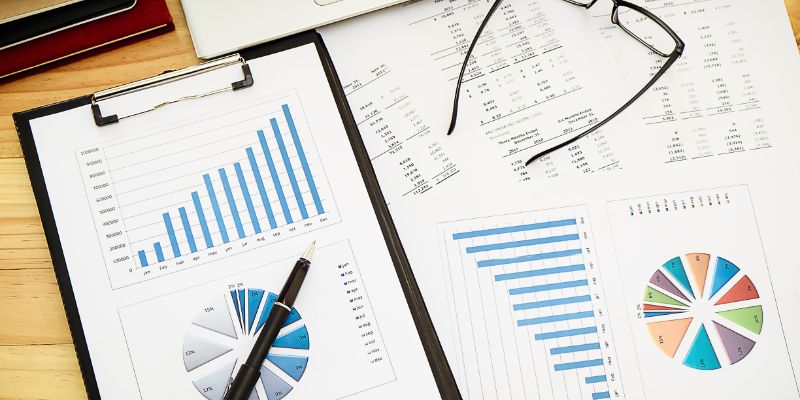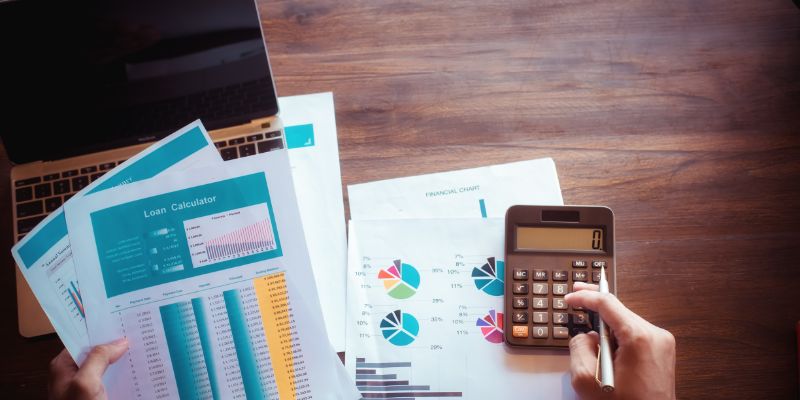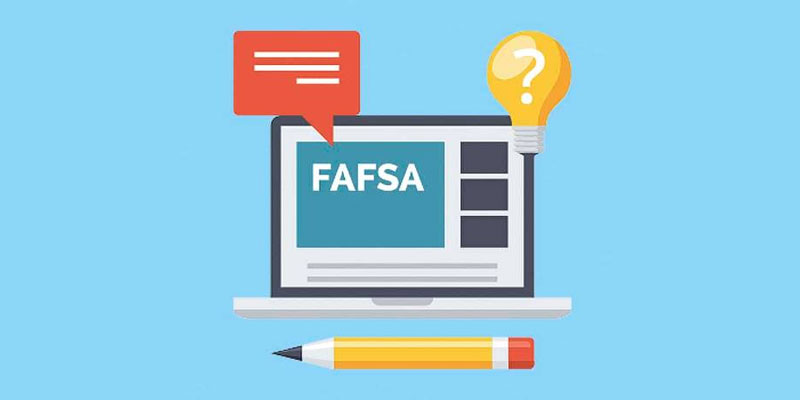Bank Statement: Definition, Types, Benefits, And More
May 19, 2024 By Susan Kelly
Ever wondered what those sometimes-confusing documents from your bank are all about? Those are your bank statements, and they contain a whole lot of information about your financial health! We often find them in familiar places, delivered electronically to your email, accessible online through your banks website, or even available for printing at an ATM. This article explains everything you need to know about bank statements. Well break down what they are, the different types available, and the benefits of understanding them. By the end, youll know everything about bank statements. Lets get started.
What Exactly Is a Bank Statement?

Your bank statement is a regular report card, delivered monthly or quarterly, that summarizes your bank account activity. It provides a clear picture of your money flow - everything that comes in (deposits) and goes out (withdrawals) over a specific period. Its a financial snapshot that helps you understand your spending habits and make informed money decisions.
What Does A Bank Statement Consist Of?
Lets answer one of the most asked questions about bank statements: What does a bank statement include? Think of it as a money receipt for your earnings & expenses. Here are the multiple sections it consists of:
- Account Holder Info: This section, like the title page of a book, shows your name and account number. It confirms whose financial activity is being summarized.
- Statement Period: This tells you the time frame covered by the statement. It usually covers a month (monthly statement) or quarter (quarterly statement).
- Opening and Closing Balances: These numbers show how much money was in your account at the start and end of the period. This helps you track your progress over time.
- Transactions: This is the main part of the statement, listing all the deposits (money coming in) and withdrawals (money going out) during the period. Each transaction will have a date, like timestamps, to show when it happened. Descriptions are also there to explain what the transaction was for. This helps you remember where your money went.
- Fees and Interest: Some accounts might have fees for using certain services or not maintaining a minimum balance. These fees will be listed here. On the other hand, some accounts might earn interest on your savings. Any interest earned will also be shown on the statement.
What Are The Different Types of Bank Statements
There are two main types of bank statements, depending on who the account belongs to:
- Personal Bank Statements: These statements track the activity in your accounts, like your checking or savings account. They show your everyday transactions, like ATM withdrawals or grocery store purchases.
- Business Bank Statements: These statements are for companies and organizations. They detail the flow of money in their business accounts, like income from sales or payments to vendors.
In addition to paper statements delivered by mail, many banks now offer electronic statements (e-statements). These secure statements are delivered online and are becoming increasingly popular due to their convenience and environmental benefits.
Some Common Terms Used In A Bank Statement
Bank statements can use some terms that might seem like a foreign language at first. Dont worry, Lets decode them together:
- Debit vs. Credit: These might sound tricky, but theyre simple. Debit means money going out of your account (like a payment), while credit means money coming in (like a deposit).
- ACH Transfer: This refers to an electronic transfer of money between accounts, like sending money to a friend online.
- Service Charge: This is a fee your bank might charge for certain services, like using an out-of-network ATM. Its just like any small service fee.
What Are The Benefits Of Bank Statement?
How Bank Statements Help You Keep Track Of Your Money
Since bank statements show you exactly where your money goes. You get to see all your deposits (income) and withdrawals (spending) for a specific period. This clear record helps you track your cash flow - how much money comes in and goes out each month. By seeing your spending habits in black and white, you can identify areas where you might be able to cut back and save more.
How Bank Statements Help You Avoid Unauthorized Transactions
Your bank statement is also like a security report of your money. Regularly reviewing your transactions allows you to spot any errors or suspicious activity. Maybe a charge you dont recognize snuck in, or a withdrawal happened at a weird time. By comparing your statement to your spending habits, you can catch these issues early. If you find something suspicious, immediately report it to your bank. They can investigate and help protect your hard-earned cash.
How Bank Statements Help With Budgeting

Your bank statement can be a secret budgeting weapon! With its help, you can analyze your spending patterns (where your money goes each month) and create a realistic budget. Categorize your expenses (rent, groceries, entertainment) to see where youre spending the most. This awareness helps you make informed choices and allocate your money effectively toward your financial goals.
How to Read Your Bank Statement Like A Pro!
Turn your bank statement into a money management tool! Heres a quick guide:
- Check Balances: Verify the opening and closing balances match your records. This ensures everything is accounted for.
- Review Transactions: Go through each transaction, one by one. Make sure the dates, descriptions, and amounts match your spending habits.
- Spot Recurring Charges: Look for automatic debits or service fees. Are they expected? If not, investigate or contact your bank.
- Analyze Spending: Once reviewed, take a step back. Where is most of your money going? This awareness helps you analyze your spending habits.
Takeaway
Bank statements might seem complex at first, but they help you understand your financial well-being. They provide a clear picture of your income and spending, helping you track your money flow, avoid surprises, and make informed budgeting decisions. Take control of your finances by regularly analyzing your bank statements. The future of bank statements is bright, with the potential for even more digital features and personalized insights to help you manage your money smarter. So, grab this months bank statement, follow our tips, and stay informed.
-
 Know-how Dec 23, 2023
Know-how Dec 23, 2023Can you Dissolve a Corporation? Here’s a Step-by-Step Legal Procedure
This step-by-step guide provides the necessary information and resources to ensure a successful cooperation dissolution.
-
 Know-how May 18, 2024
Know-how May 18, 2024Future trading: what it is and how to start
Learn about future trading and everything you need to know to trade futures contracts like a pro!
-
 Know-how Jan 25, 2024
Know-how Jan 25, 2024Understanding Your Financial Aid Award Letter in Detail
Many folks require financial assistance but are unsure of how to proceed. They were confused about the procedure for requesting a financial aid letter. This post will help people understand every detail of a financial aid letter and how to apply for it so that they may fulfill their needs.
-
 Know-how Oct 22, 2023
Know-how Oct 22, 2023Everything About: First-Time Homebuyer Tax Credit
Between April 2008 and September 2010, citizens of the United States who purchased their first homes were eligible to take advantage of the federal first-time homebuyer tax credit. Although it is no longer available, prospective homeowners can still take advantage of various federal laws and programs offering incentives to purchase a home. In addition, the majority of states have programs that are created specifically to assist individuals who are buying their first homes..
